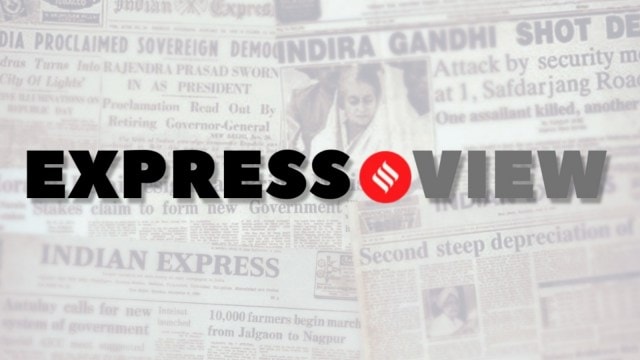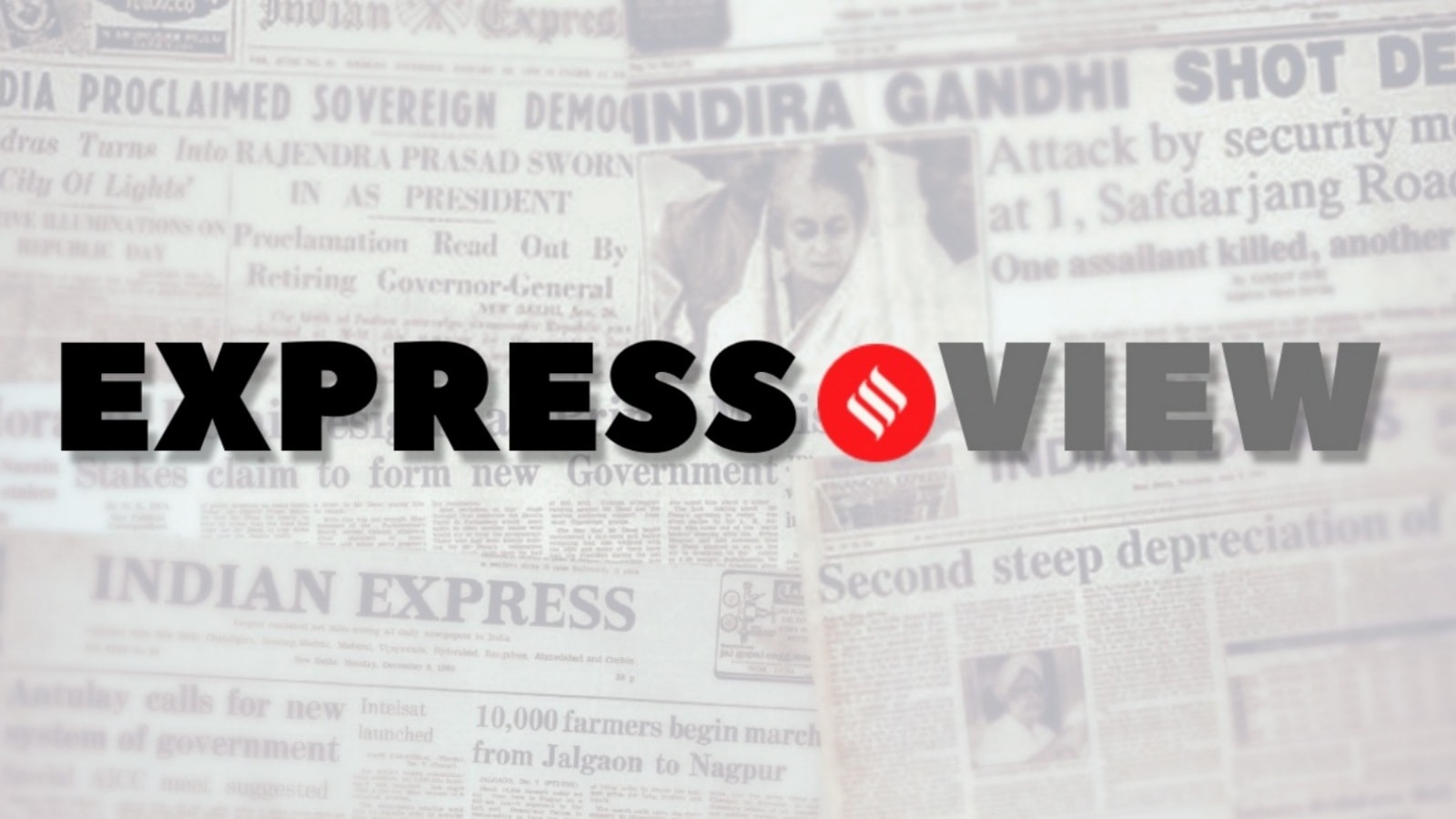Opinion by Editorial
From West Bengal’s Mamata Banerjee going off on the BSF’s alleged laxness, to AAP’s war on illegal Bangladeshi students being admitted to schools, illegal immigration is the issue being raised all across the country. But credible data is the solution to the problem, not harmful and divisive rhetoric

Jan 4, 2025 06:50 IST First published on: Jan 4, 2025 at 06:50 IST
On January 3, addressing an administrative review meeting, West Bengal Chief Minister Mamata Banerjee alleged that the Border Security Force is “letting people enter through Islampur, Sitai and Cooch Behar and other places.” Her comments came only days after Delhi Police made several arrests and deported those arrested to Bangladesh through the Foreigners Regional Registration Office (FRRO). Even as the issue of illegal immigrants climbs centrestage ahead of the Delhi assembly elections — on December 23, 2024, an AAP government circular directed schools to verify whether children of illegal Bangladeshi migrants are getting admissions — it suffers from the same weakness that characterises it in Bengal: It is high on polarising rhetoric and low on data and coherent policy.
In December 2023, responding to an affidavit on illegal immigration, the central government told the Supreme Court that “it is not possible to give the exact figure”, but “the situation is grim”. On November 6, 2024, responding to an RTI, the Ministry of Home Affairs said, “Data of illegal Bangladeshi citizens including their activities during staying in the country is not centrally available.” The RTI was filed by an activist from Jharkhand, a state where the BJP invoked “Bangladeshi infiltrator” as a major poll spectre and motif in the assembly election. In terms of policy measures, though there are several laws – the Foreigners Act (1946), Registration of Foreigners Act (1939), Passport (Entry into India) Act, 1920 and Citizenship Act (1955) — there are glaring procedural gaps when it comes to verifying identities. The onus, as in Assam, is mostly on the accused to prove their innocence or citizenship, increasing their already heavy social and economic burdens. In March 2018, responding to a question in Rajya Sabha, the then minister of state in the Ministry of Home Affairs, Kiren Rijiju, said that India doesn’t have a repatriation treaty with Bangladesh for those who have illegally entered India. The number of immigrants deported to Bangladesh has come down from 5234 in 2013 to 51 in 2017, he said. The declining rate of deportation signals two possibilities — either India has successfully contained the problem of illegal immigration, or deportation has become a difficult task.
And yet, this sensitive issue continues to raise its head amid the heat and dust of electoral politics. It is high time that it is treated with the sobriety and rigour that it deserves. There is an urgent need for data and a robust verification strategy. Ordinary men and women, mostly belonging to marginalised sections of society, must not be forced to go through tedious tribunals or be subjected to arbitrary or opaque state action. They cannot be made victims of political whim and electoral opportunism.
Discover the Benefits of Our Subscription!
Stay informed with access to our award-winning journalism.
Avoid misinformation with trusted, accurate reporting.
Make smarter decisions with insights that matter.
Choose your subscription package
© The Indian Express Pvt Ltd



